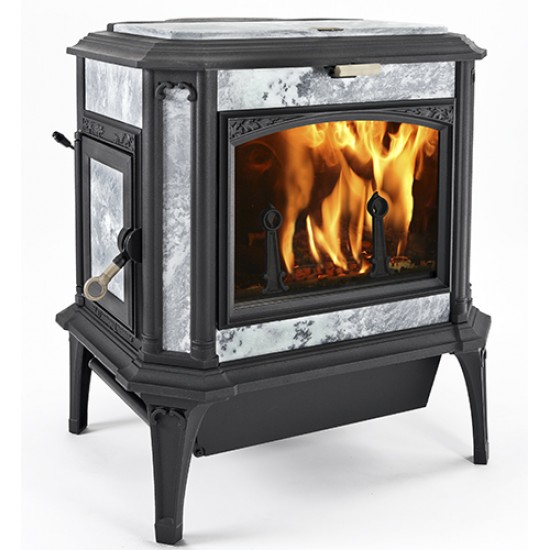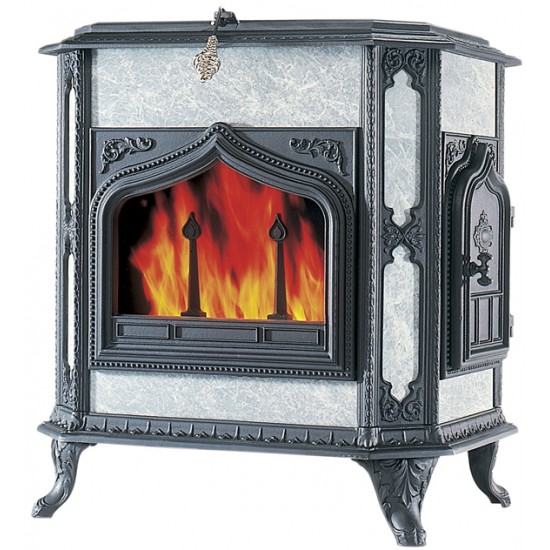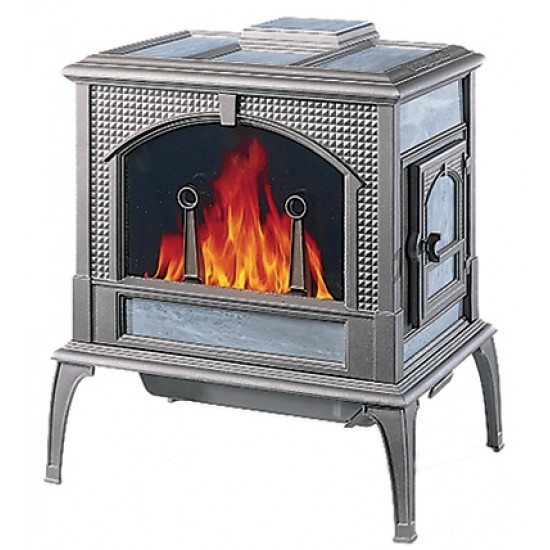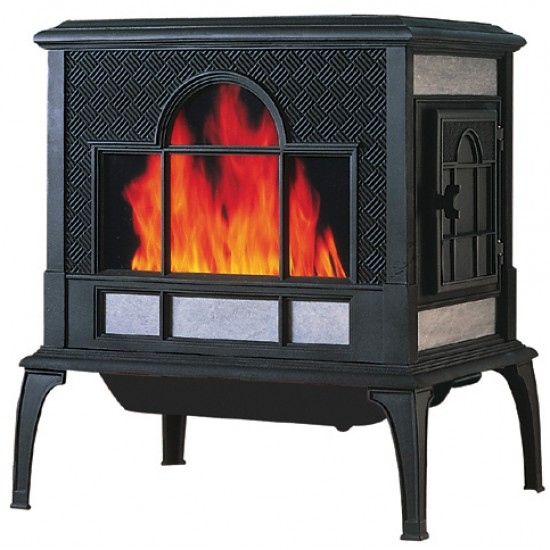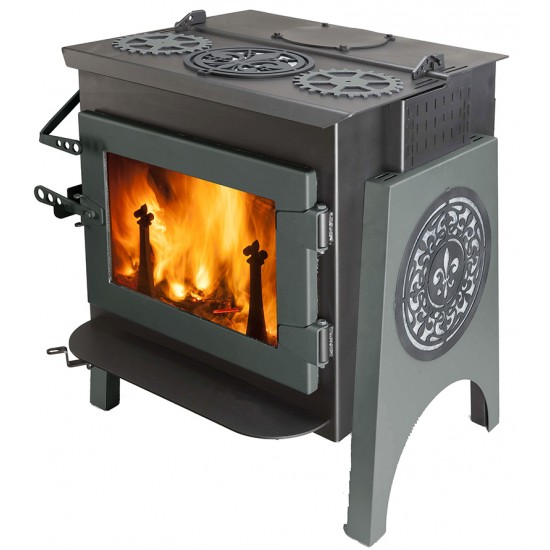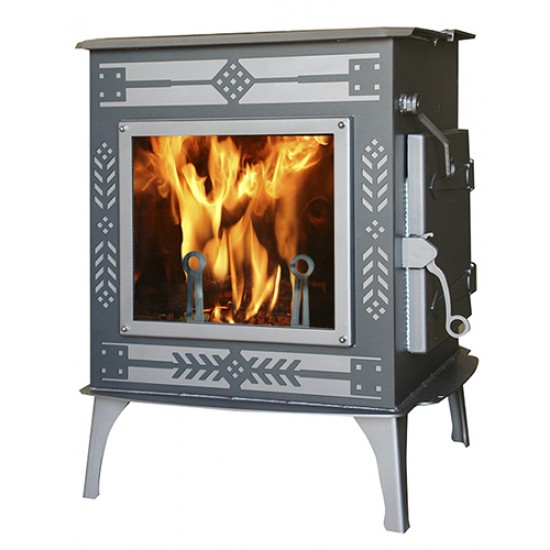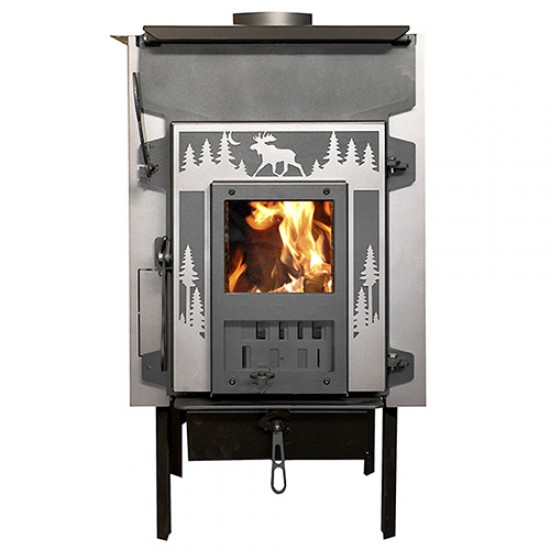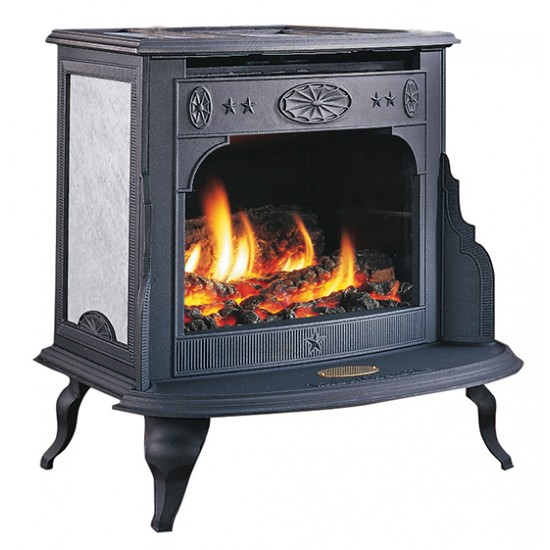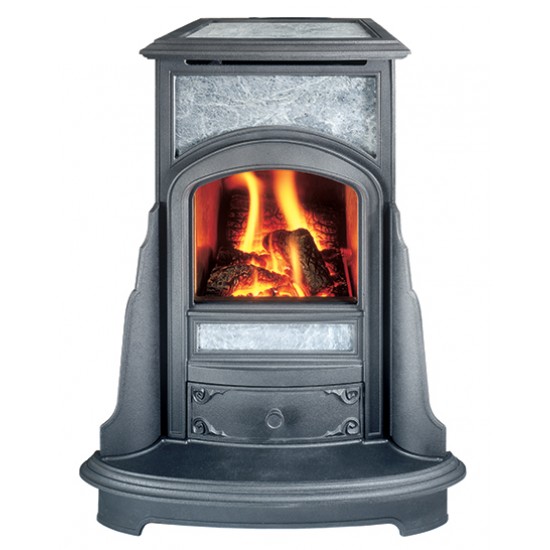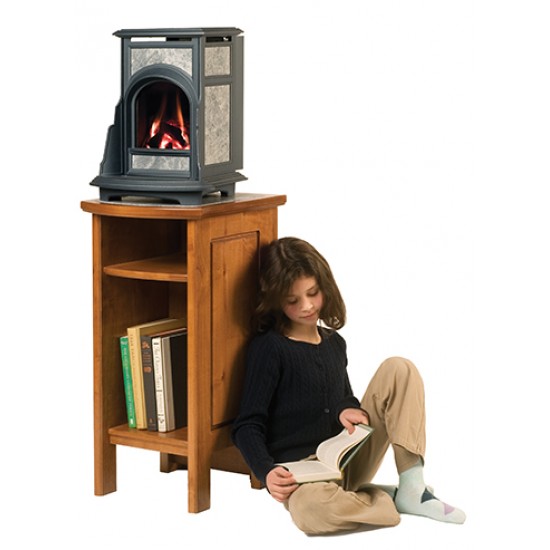11 Apr2016


0 Comment(s)
5649 View(s)
Woodstock Soapstone Co. Updates
,
Catalytic Combustors
,
Absolute Steel Hybrid
We are now in the “shoulder season”, where we have warm days and cold nights. There’s no need to burn the stove all day – it is a waste of wood, and the house will be too warm during the day when the sun is out.
The most efficient way to heat with wood, during this time of year, is to build a fire in the early evening and then let it go out. Here is a simple, efficient way to build a “top down” fire that will not need tending, and will keep the house warm from late afternoon through bed-time (and through the night, if you want, just add wood before bed).
First: Check to make sure you have adequate chimney draft before building a fire. To
check the draft, hold a lit match or lighter up towards the bypass opening of the
stove, if the flame pulls up, you have adequate draft. If the flame is neutral
or is pushed away from the exit, you will want to make sure you establish a draft
before building a fire. To establish a draft, you will want to preheat the
chimney with a lighted twist of newspaper held under the bypass door.
Second: Put three short
pieces (14’’-16”) front to back (North to South in stove-speak) behind the
glass. Placement of these pieces allows the air from the airwash to go under the rest of the wood, all the way to the back
of the stove. Insert some newspaper and
small pieces of kindling in between these three pieces of wood.
Tip: We save dry construction
lumber for kindling (2x4s, or cut up old pallets). Small thin pieces from the woodpile get added
to the kindling supply, because small pieces will dry out quickly.
Third: Place three pieces
of split wood across the bottom layer
(East to West in stove-speak). Again,
fill in the spaces with some loose newspaper and dry kindling. This second layer of split pieces makes a platform for the
third and final layer. This platform
should be 6”-8” above the floor of the stove.
Fourth: Build a
small kindling “tented
bonfire” on top of the second layer.
This “tented bonfire” should consist entirely of small pieces of split kindling
– the drier (and smaller), the better.
As you build this kindling bonfire, put some newspaper in the middle.
If you have one of our new hybrid woodstoves, and you are using dry kindling, you can
close the bypass damper as soon as you see secondary activity on the
fireback. This usually takes place in less
than three minutes.
If you are using one of our classic catalytic stoves and you are using dry kindling, we have
found that you can close the bypass damper in as little as 5 minutes.
What to watch for:
As embers from the kindling bonfire fall into the split pieces,
the fire will gain in strength and intensity, until it reaches the split pieces
on the bottom. You will not have to open the door, or add wood. The six pieces of split wood (weighing 10-12
pounds) will burn for several hours; longer if you close the damper down a bit
after an hour or so. You may have to
experiment a little to get it just right.
There will be very little smoke or emissions if you start a fire this
way. You can see a video of us starting
a fire this way in the lab here.
Stay tuned, this post gives you the “how", our next blog post explains the “why” it works so well.

